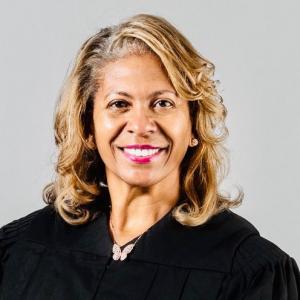The US Justice Department has said that former president Donald Trump’s lawyers are harming the government and public by slowing down the investigation into the stockpiled classified documents which were found from his Mar-a-Lago residence.
DoJ’s claims were part of a court filing that urged judge Aileen Cannon to reconsider her ruling that granted the former US President’s request for a special master to be appointed in the case.
Also Read: US primaries: 3 key takeaways from New Hampshire, Rhode Island elections
Trump’s Mar-a-Lago residence in Florida was subject to an FBI raid that unearthed several classified documents from the basement storage and a desk. Earlier, the former US President’s lawyers had made assurances that all documents that he had taken with him from the White House, were returned to the National Archives.
“Markings signify that their unauthorized disclosure ‘reasonably could be expected to result in damage to the national security,’ including ‘exceptionally grave damage’,” the court filing read.
Since ruling in favour of Donald Trump’s request, judge Aileen Cannon has been subject to criticism. However, the judge has not yet indicated if she will be reconsidering her ruling. Judge Cannon was appointed to the federal bench by Trump, a fact that has only added to the criticisms following the ruling.
Lawyers representing Donald Trump have requested the judge to retain the ruling, however, the justice department has since rejected their argument. According to the DoJ, the papers that Trump took are not his personal property and belong to the government.
Another judge unsealed added portions of an FBI affidavit that laid out the basis of the Mar-a-Lago raid on Tuesday. It showed that the FBI agents earlier obtained a hard drive following issuing the subpoena for the CCTV footage inside Trump’s Florida residence.
Also Read: US primaries: How New Hampshire’s Congressional elections unfolded
The additional parts of the affidavit that was unsealed on Tuesday also showed that the Federal Bureau of Investigation (FBI) subpoenaed the surveillance videos on June 24, several weeks after observing as many as 50 boxes containing records in the basement storage room at Trump’s Florida residence.
The Trump Organization responded to the subpoena on July 6 with a hard drive.
“Because those aspects of the grand jury’s investigation have now been publicly revealed, there is no longer any reason to keep them sealed (i.e. redacted) in the filings in this matter,” the court filing read.






